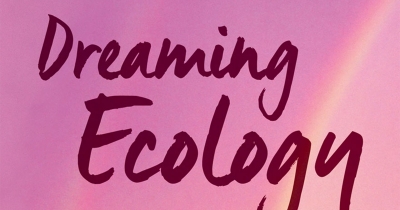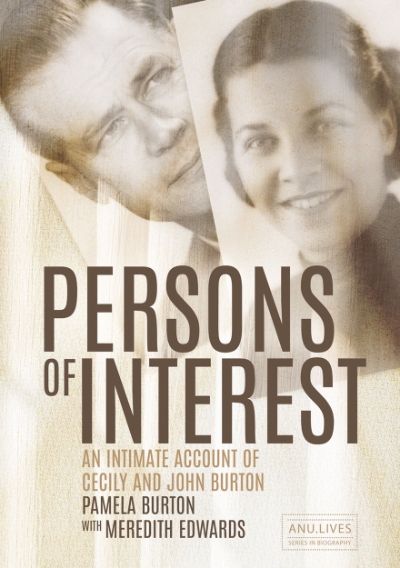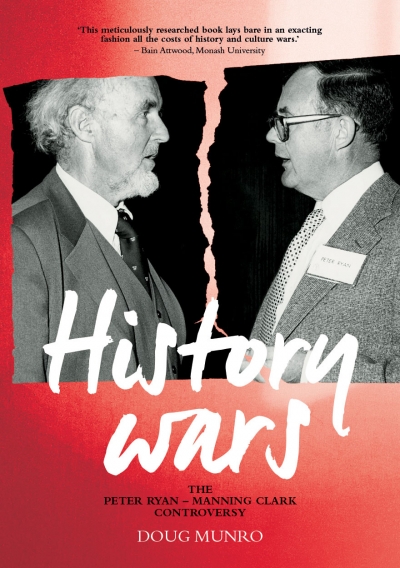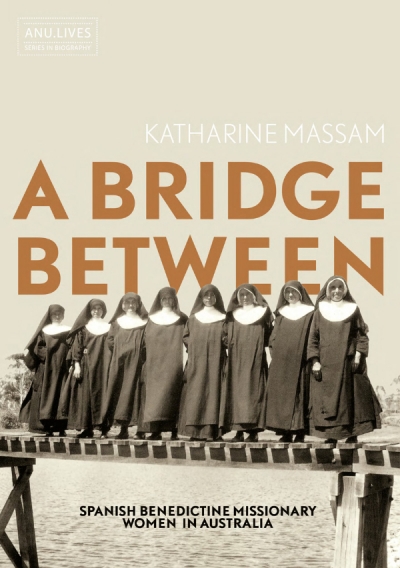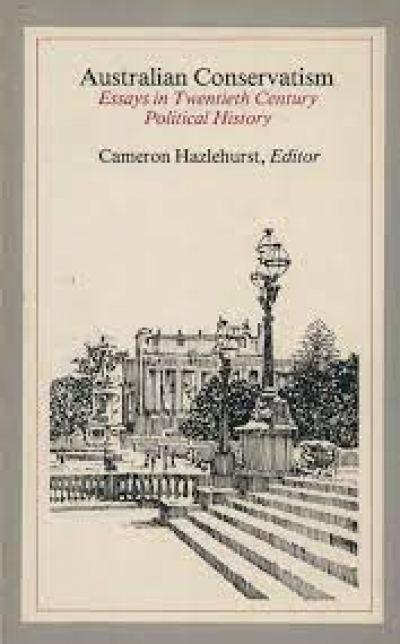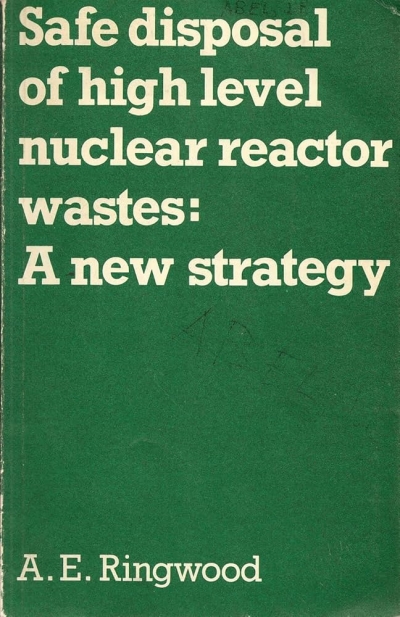ANU Press
Dreaming Ecology: Nomadics and Indigenous ecological knowledge, Victoria River, Northern Australia by Deborah Bird Rose
by Stephen Bennetts •
Persons of Interest: An intimate account of Cecily and John Burton by Pamela Burton with Meredith Edwards
by Peter Edwards •
Australia’s first and largest open-access press, ANU Press, has hit the massive milestone of publishing one thousand titles. Reaching this benchmark in just under twenty years is a big goal for such a small press.
The original Australian National University Press was founded in the 1960s, with a traditional publishing model focused on book sales. It published important academic research for more than three decades before it was wound up in the early 1990s.
... (read more)History Wars: The Peter Ryan–Manning Clark controversy by Doug Munro
by Mark McKenna •
A Bridge Between: Spanish Benedictine missionary women in Australia by Katharine Massam
by Meredith Lake •
Humanities Research Centre: The history of the first 30 years of the HRC at the Australian National University by Glen St John Barclay and Caroline Turner
by Jay Daniel Thompson •
Australian Conservatism edited by Cameron Hazelhurst & The Deep North by Deane Wells
by Dan O'Neill •
Safe Disposal of High Level Nuclear Wastes: A new strategy by A.E Ringwood
by Alan Roberts •

